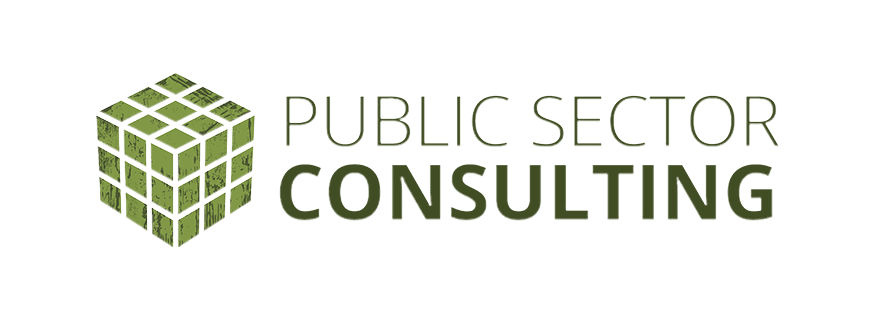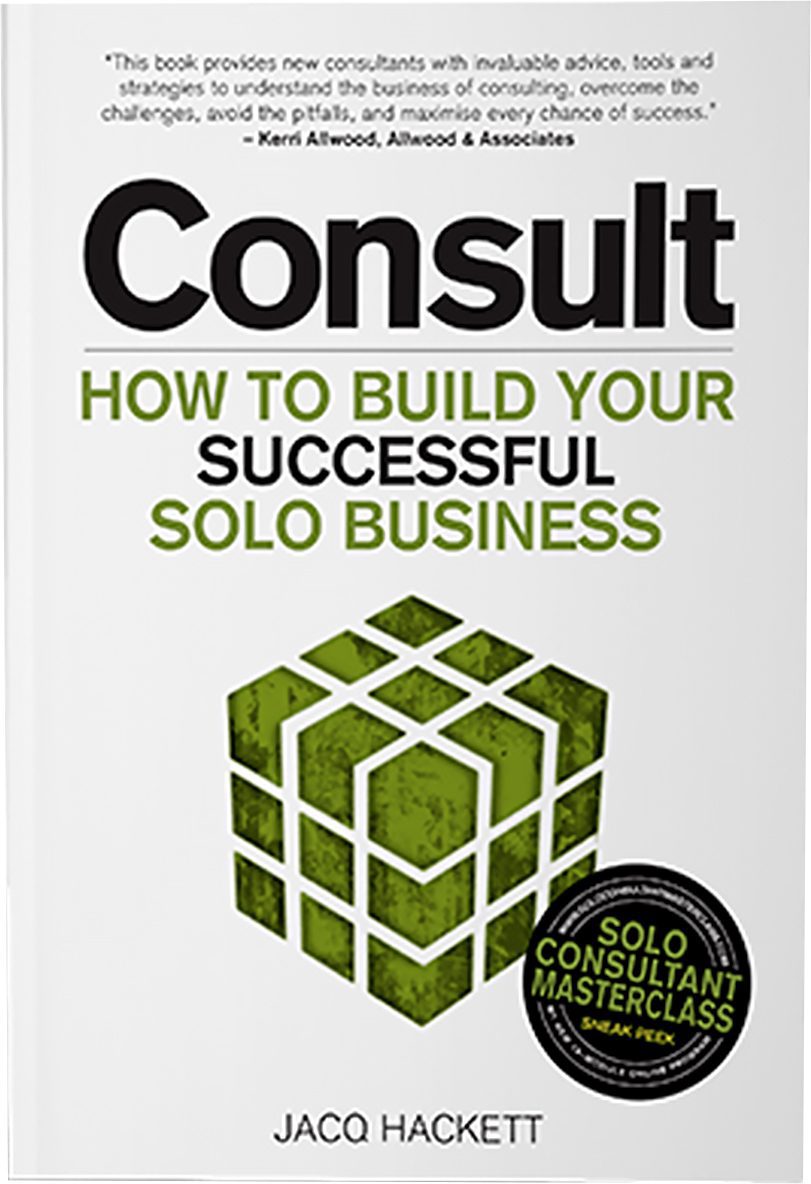As a consultant your reputation will rest to a large extent on the quality of your writing. Be prepared to leave behind some habits you may have developed as an employee.
Don’t bring your writing style with you
There’s a lot of writing to be done as a consultant – it’s a core consulting skill. There are proposals, issues papers, interview guides, strategies, background briefings, guidelines. And a key deliverable of almost every project is a final report. No matter how effectively you have undertaken every other aspect of a project, if you fail to produce an excellent report, your client is going to be dissatisfied. To a large extent, your reputation is going to be dependent on the quality of your reports.
Over the years I’ve heard many stories from my clients about their frustration with the poor quality of reports delivered by [other] consultants. The worst one was a client who had to contract another consultant to re-write a report – no matter how many times they sent it back to the original consultant to improve, it still wasn’t up to standard.
If before consulting you spent your working life in the public sector, it’s almost certain that you’ll have developed some writing habits that won’t serve you well as a consultant. But when you first start out it can be hard to know what to be aware of, and what you need to change. Here are my five tips for leaving your previous writing style behind you.
- Say it how it is
We all know the frustration of having to read a sentence two or three times to make sense of it. Usually, the main culprit is a tendency to overcomplicate or to be convoluted rather than direct. Despite a stated commitment to Plain English, sadly, a lot of public sector documents still take the convoluted approach. Now you’re a consultant it’s time to go back to basics and simply say it how it is. Every time you produce a formal document, whether it’s a report, a briefing paper or a strategy, your goal is to make sure that everything is written in a straightforward style. And just to be clear, I’m not advocating dumbing anything down. I simply mean moving away from a presumption that complex or convoluted language is smarter – it’s just not.
A good strategy is to write more like you speak because of course, we tend to be much more straightforward when we talk. If you’re concerned about a piece of writing, a good rule of thumb is to read it out loud – see if it’s written as you would say it.
- Avoid unnecessary jargon
This is the real world, and so a degree of jargon in a report or paper is acceptable. But please – don’t go overboard, and don’t make too many assumptions. If the audience for your report or communique is confined to a particular sector, then they will be familiar with the common jargon, so it’s OK to use it to a limited extent. But if the audience is broader, don’t assume they will be on top of any jargon, and if they don’t understand it, this will just annoy them. Here are a couple of things to look out for:
- ‘technical jargon’ – this is the term I use for the jargon used by a sub-group of a sector, or a particular professional group. It’s like a sub-culture of jargon only accessible by those in the know. It’s really useful for that group, but not for anyone else. And no matter what sector you consult to you’re bound to come across such sub-groups, so just be on the alert to avoid adopting their jargon terms. For example, in my case, I have to make sure I avoid using too much clinical jargon, as not all the stakeholders reading my reports are clinicians.
- ‘business jargon’ – We’ve all seen [and probably rolled our eyes at] these kinds of jargon terms – “going forward”, “low hanging fruit”, “paradigm shift”, “in this space”. These are weasel terms and should be avoided at all costs in your writing – they are open to interpretation and also incredibly clichéd and annoying.
In case you are in any doubt, here’s Wikipedia’s definition of weasel words.
A weasel word is an informal term for words and phrases aimed at creating an impression that a specific or meaningful statement has been made, when instead only a vague or ambiguous claim has actually been communicated.
Need I say more?
- Adopt the mantra ‘shorter is better’
There is a tendency it seems, well… everywhere, to use way too many words. To write a 60-page report when 30 will tell the story perfectly well; to explain something in five paragraphs when one will do; to write sentences that have to be re-read 2 or 3 times to make sense of because they are way too long and contain too much information. Trust me; longer is not better. Writing succinctly is a discipline you must learn as a consultant. Even now after over two decades as a consultant I still do a ruthless edit to cut down my reports before I submit them. So, if you’re guilty of a tendency to wax lyrical, you need to address this.
- Get feedback from a trusted colleague/mentor
I can still remember smarting from the feedback I got from my mentor on my first few consulting reports. I already had pretty good writing skills, but there was still a learning curve in mastering the style and requirements of an excellent consultancy report. In those early days, my mentor, Ruth, gave me feedback about a whole host of aspects of my report writing.
- How to frame findings
- How to construct recommendations
- What makes a good executive summary
- Even punctuation [there is always a comma after ‘however’ – she drummed that one into me eventually!].
Yes, it was painful, but also extremely valuable. If you’re new to consulting, I encourage you to seek out a mentor or trusted colleague who you can establish this kind of arrangement with for your first few reports. Your writing and your consulting career will benefit from it.
- Get yourself some writing apps
Of course, these weren’t around when I started out [hence, the repeated mistake of no comma after ‘however’], but now there are some great apps to help improve your writing. Two of my favourites are these:
- http://www.hemingwayapp.com/ – an online editor
- https://www.grammarly.com/ – a grammar checker
Check them out and watch your writing style improve instantly.
Report writing is a core consultancy skill, and your reputation will rest to a large extent on the quality of your reports. You need to leave behind some habits you may have developed as an employee and produce consultancy reports that are clear, succinct and free of unnecessary jargon.
Jacq Hackett provides expert consulting services to public health agencies. And as a veteran of over two decades of consulting, she now provides coaching and development for other consultants. She is passionate about supporting the next generation of public sector consultants to become very good at what they do.
If you’ve recently made the transition from employment to consulting – or you’re on the cusp of making the move, enrol in my Public Sector Consulting Fundamentals program – five video training sessions focusing on some of the essential building blocks of developing a successful public sector consultancy business.

Consulting Proposals Online Workshop
Learn How To Write Compelling Consulting Proposals That Win More Public Sector Projects.



Fundamentals
Five video training sessions focusing on some of the essential building blocks of developing a successful public sector consultancy business.


Launchpad
Launchpad will prepare you to launch [or re-launch] your public sector consulting business by guiding you step by step through
- Defining your service offering
- Developing your capability statement
- Developing an initial marketing strategy


Masterclass Series
The Masterclass series distils over two decades of consulting experience into the most comprehensive online training program available, tailored specifically for public sector consultants.


Accelerator
The Accelerator is an 8-week group mentoring program designed to teach you everything you need to know to start or grow a profitable, sustainable public sector consulting business. In the Accelerator, we focus on skill development, business development, and mindset development.


Mentoring and Resources for Public Sector Consultants
Looking for 1:1 support? My individual mentoring sessions will provide you with specific, targeted support on any issue or challenge at any time.
Looking for resources? I have a number of free cheat sheets you can download.
Consult – Book Available Now
Jacq’s book Consult invites you into the often closed shop of the consulting world. You’ll learn what you need to know to get you started on the right track, as well as practical tips and simple steps for developing your consulting expertise over time.




